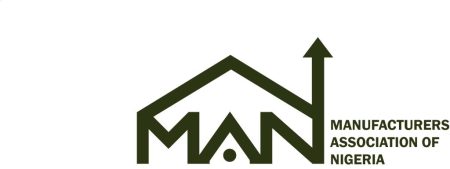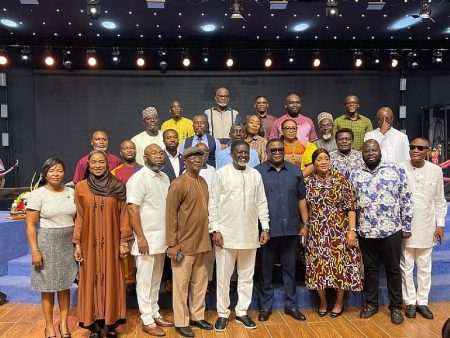The Urgency of Data-Driven Sanitation Solutions in Lagos State: A Call for Technological Investment
Lagos State, Nigeria’s bustling economic hub, faces a formidable challenge in managing its sanitation infrastructure. While the physical infrastructure deficiencies are evident, a deeper, more insidious problem lies in the lack of comprehensive data to effectively address and improve sanitation services. Millions of residents rely on unmonitored toilets, unsafe waste disposal methods, and a system lacking accountability. This dire situation stems from the government’s inability to track and manage non-sewered sanitation due to the absence of a functional data system. The consequences are far-reaching, impacting public health, environmental sustainability, and the efficient allocation of resources.
The invisibility of on-site sanitation systems, such as pit latrines, septic tanks, and container toilets, prevalent in informal and underserved areas, further exacerbates the data deficit. These systems remain largely undocumented in official records, creating a significant blind spot in understanding the sanitation landscape. Without a reliable database detailing their locations, service frequency, and sludge disposal methods, effective monitoring and regulation become impossible. The 2022 baseline mapping attempt by the Lagos State Wastewater Management Office, while a step in the right direction, proved insufficient. A 2024 report by Dev-Afrique Development Advisors highlighted the fragmented nature of the collected data, the lack of robust update mechanisms, and the inadequate integration of key stakeholders, rendering the effort largely ineffective.
The absence of reliable sanitation data has cascading negative impacts. Regulators are hampered in enforcing standards, health officials struggle to respond to outbreaks promptly, communities lack the means to hold service providers accountable, and public funds are allocated based on estimates rather than evidence-based insights. This data deficiency undermines the effectiveness of sanitation interventions and perpetuates a cycle of inadequate service delivery. To address this critical challenge, Lagos State must prioritize investment in technology systems that enable comprehensive data collection, analysis, and utilization. Learning from successful models implemented in cities like Kampala and Nairobi offers a roadmap for transformative change.
Kampala, Uganda, has demonstrated the effectiveness of a mobile app that connects households with licensed waste hauliers, enabling real-time tracking of waste pickups. This innovative approach promotes transparency, accountability, and efficient service delivery. Similarly, sanitation regulators in Kenya utilize digital dashboards to monitor performance and guide funding allocations, ensuring data-driven decision-making. These examples illustrate the potential of technology to revolutionize sanitation management and provide valuable lessons for Lagos State.
To achieve similar success, Lagos State must embark on a three-pronged approach. First, a comprehensive digital sanitation platform must be established, integrating data from all relevant agencies, including local councils, waste operators, health ministries, and environmental units. This centralized platform will provide a holistic view of the sanitation landscape, enabling data sharing, analysis, and informed decision-making. Second, mobile tools, such as KoboCollect and mWater, should be deployed for efficient and accurate field data collection. These tools empower field workers to gather real-time data, enhancing the accuracy and timeliness of information.
Third, dedicated monitoring units should be established and empowered with the necessary resources and training. These units will play a crucial role in data quality control, ensuring the accuracy and reliability of the information collected. Furthermore, they will be responsible for analyzing data, identifying trends, and providing valuable insights to inform policy and interventions. By investing in these three key areas, Lagos State can build a robust data ecosystem that drives effective sanitation management. The transition towards data-driven sanitation solutions requires a commitment to local ownership and sustainable funding.
Lagos State must move beyond reliance on external support and prioritize local funding for sanitation data collection and analysis. This will ensure long-term sustainability and empower local stakeholders to take ownership of the process. By embracing technology, learning from successful models, and investing in local capacity, Lagos State can transform its sanitation landscape and create a healthier, more sustainable environment for its residents. The urgency of this challenge demands immediate action, and the potential rewards are significant. A data-driven approach to sanitation management will not only improve public health and environmental sustainability but also enhance the efficiency and effectiveness of resource allocation, paving the way for a cleaner, healthier future for Lagos State.














